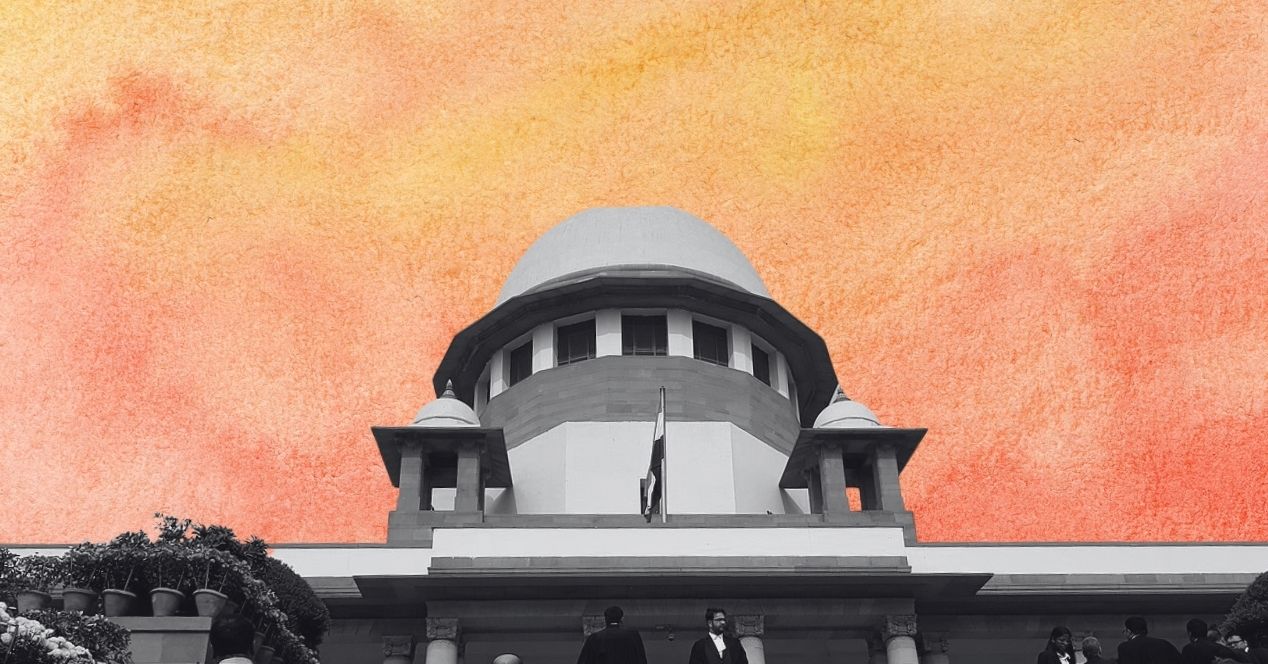Analysis
Supreme Court Directs Home Ministry to Collect Information on Hate Speech
The SC asked the Centre to provide information on state-wise compliance with the Court’s earlier decisions on hate speech

On July 21st 2022, a 3-Judge Bench comprising Justices A.M. Khanwilkar, A.S. Oka and J.B. Pardiwala instructed the Union Home Ministry to provide information on remedial, preventive, and corrective measures taken to prevent hate speech and mob violence.
In January 2022, Maulana Mahmood Asad Madani, the president of the Jamiat-Ulama-i-Hind, filed a petition seeking a Court monitored investigation over the incidents of ‘hate speech and humiliation of Prophet Mohammed’. He was referring to slogans raised at an event in Delhi’s Jantar Mantar. The Bench heard the matter along with other similar petitions on hate speech—including a plea to examine international laws relating to ‘hate speech’ and ‘rumour mongering’ and a plea to examine hate speech in the context of elections.
Ms. Arora: States Not Complying With the Court’s Directions
Senior Advocate Meenakshi Arora, appearing on behalf of Jamiat-Ulama-i-Hind, argued that incidents of hate speech and insults to the Prophet were an attack on secularism. She referred to three earlier decisions of the Court—Tehseen Poonawalla v Union of India (2018), Kodungallur Film Society v Union of India (2018) and Shakti Vahini v Union of India (2018)—which condemned mob violence and lynching in the country, vandalism by protesting mobs, and honour killings respectively and gave directions for their prevention. The Bench was of the opinion that these Judgments—concerning the prevention of violence in the context of society, culture, and religion—had ‘universal application’ and information on compliance with the guidelines laid down by these Judgments was essential.
Ms. Arora claimed that despite Supreme Court Judgments that provided specific guidelines, in some States investigations were making little progress. She also argued that States must come forward with information of their compliance with the Court’s direction.
Additional Solicitor General K.M. Nataraj, appearing on behalf of the Union of India, claimed that the matter was being given a political colour. He argued that the Central government was taking all necessary steps to prevent hate speech. However, Ms. Arora insisted that numerous reported incidents were in the public domain indicating a clear trend of continuing incidents of hate speech.
Supreme Court Highlights Necessity of Collecting Information
Justice Khanwilkar highlighted the need to have complete information on states’ compliance with the Court’s directions before hearing arguments on merits. He instructed the Union Home Ministry to prepare a chart on state-wise compliance with the directions in Tehseen Poonawalla, Kodungallur, and Shakti Vahini. The chart will include remedial, preventive, and corrective measures taken to curb hate speech. Further, the Bench directed the Home Secretaries of the States and Union Territories to furnish this information to the Union Home Secretary.
Interestingly, the Election Commission (EC), which was also impleaded in one of the petitions clubbed with this matter, submitted that they had no role in the present case. Justice Khanwilkar clarified that it was necessary to collect information on the preventive measures taken by the States and that the EC must provide the requested information.
Accordingly, the Bench directed the Union Home Ministry and the Election Commission of India to present State-wise information before the Court within six weeks.


